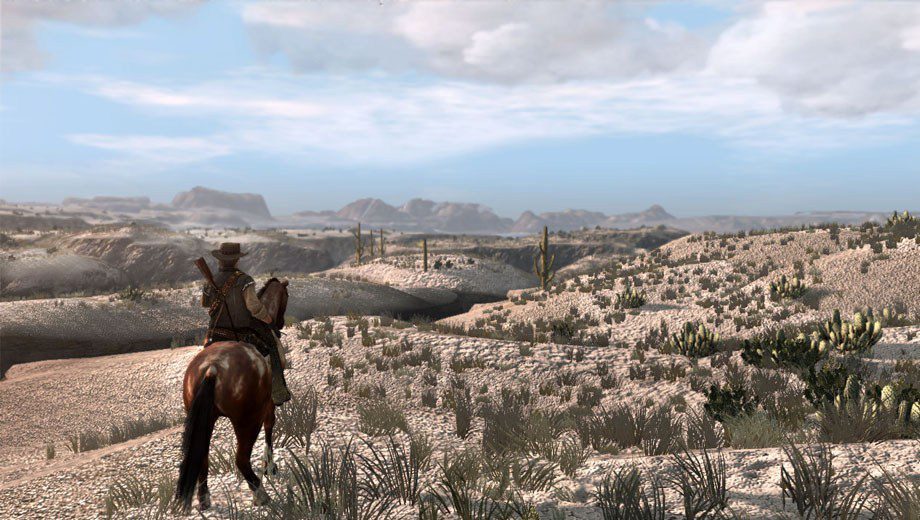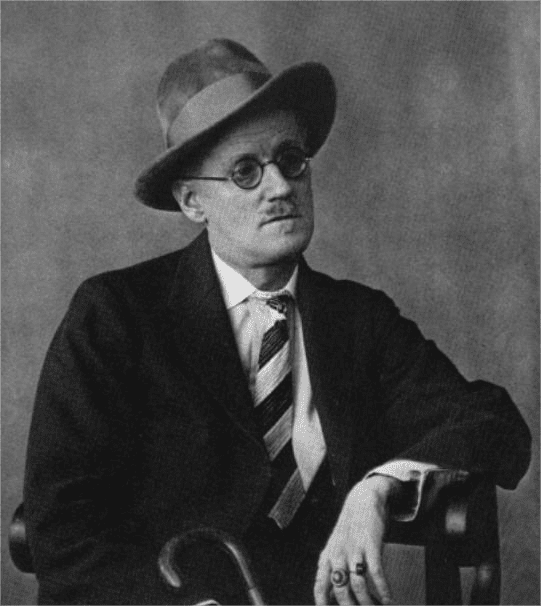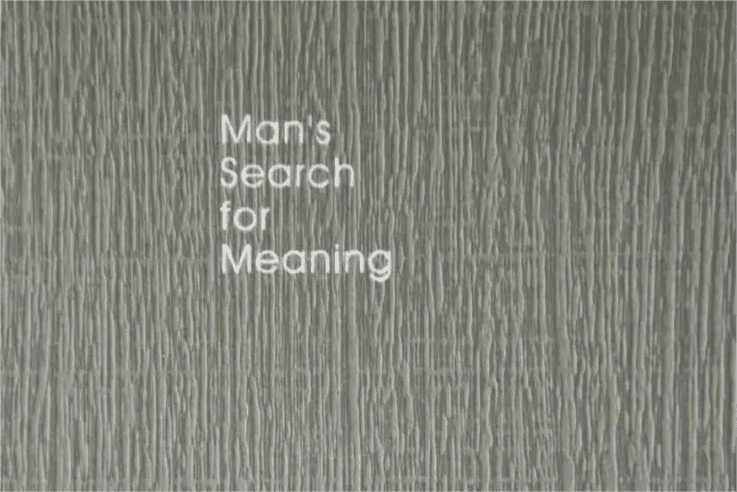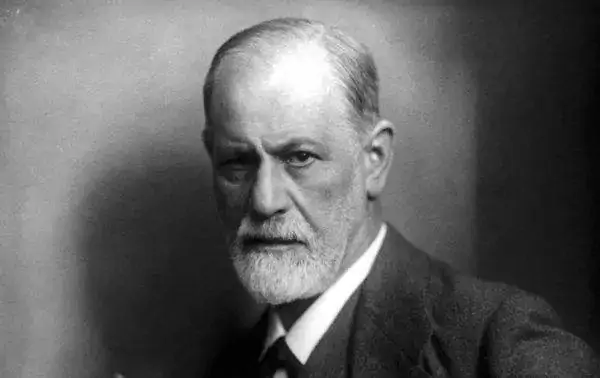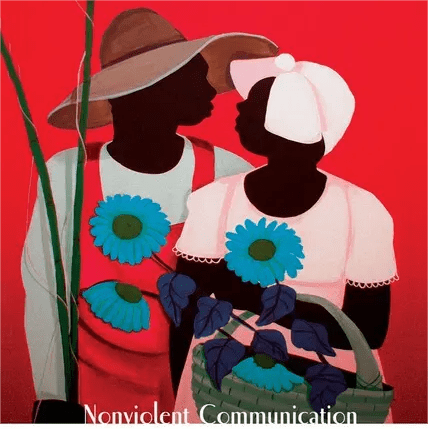El general en su laberintois another representative masterpiece of Marquez after One Hundred Years of Solitude and Love in the Time of Cholera.
Unlike the previous two books, the book sheds the style of magical realism and takes eight years to work through the voluminous historical sources, following the last steps of Bolivar, the liberation hero of South America.
Bolivar life ups and downs, he was a wealthy party aristocratic childe, for the liberation of South America to devote all his life, known as the “George of South America. Washington, also known as the “father of the nation” by Venezuela, Ecuador, Colombia, Peru and Bolivia, Bolivar ranked 46th among the 100 celebrities who influenced the world.
For a man of such stature, the evening scene was bleak.
The book begins with the general’s age, his illness, and his betrayal.
Bolivar, who led the patriotic Army that liberated countries from Spanish colonialists and established the united Republic of Gran Colombia in 1830, resigned as president to quell growing separatist tensions.
The story opens with a deep sadness, with the frail general naked in a bath of herbal water, and his servant Palacios thinking he was dead. Although the general often meditated in this way, his limp look was hardly alive.
But the next moment, the general weakly grabbed the bar of the bathtub and jumped out of the water like a dolphin, his striking momentum in sharp contrast to his weakened body.
The general suffered from phthisis, which is known as tuberculosis. In those days, lung disease was easy to kill, and nine times out of ten, you’d die soon.
But a general is a general, and his dying days are fruitful.
A few years ago, when he was expected to die on the campaign trail, he carried his weak body through the cause of liberation. Looking back, I now see the unity I built falling apart, and there’s nothing I can do about it.
His opponents, who had failed to assassinate him, incited the people against him, filled the streets with marches, students burned his pictures, and walls were plastered with abusive slogans.
The once-beloved general was so disrespected that he couldn’t even walk without having cow dung thrown at him.
At first, his slogan of “live free or die” became an excuse for his political opponents to divide. The vast country of American integration, which had just taken shape, was about to be shaken back into shape.
It was not the enemy that made the general powerless, but his diseased body.
Yes, the general is critically ill and his days are numbered.
Faced with the broken bricks of his ideals, as if he had fought in vain for 20 years.
“Let’s go,” he said. “The sooner the better. Nobody likes us here.”
He planned to sail down the Magdalena River to Cartagena and away to Europe. But no one can guess whether he really wants to go abroad. Palacios, his most trusted servant, used to say, “Only the general knows what he thinks.”
Speaking of the Magdalena River, it should be noted that Marquez was drawn to the Magdalena River in the first place, in addition to his reverence for his childhood idol Bolivar.
Born in the coastal town of Magdalena, Marquez knew the river well as a child and sailed it often as a student in Bogota.
So in a sense, El general en su laberinto is Marquez’s homage to his childhood.
To return to the main story, we say that the general, in order to stir up the revolution, threw away his gold and returned in defeat. Before leaving, he even sold his beloved war horse to make up for his passage. My luggage contained only a few rags, and my shoes were only a pair of high boots.
On the rainy night of September 25, 1828, soldiers from the rival Santander faction broke into the president’s bedroom and tried to assassinate the general. That night, the general had his only pair of boots greased and had to run away in Manuela’s overshoes.
The general’s life is very simple and shabby!
But he had always been generous to his people. As a token of his gratitude for helping Peru win independence from the Spanish, the authorities gave him one million pesos. The general kept nothing, and used it all to buy Peruvian slaves and set them free.
He said: “There is no point in me helping a country to become independent if it cannot give freedom to every one of its people.”
A great man deserves to be a great man! Mind the world and worry about the country and the people.
All I think about every day is making more money and making myself comfortable.
The general left Santa Fe, the seat of power, on his last trip before he died.
On the day of his departure, only a prostitute in the street offered him sympathy, saying, “God bless you, ghost,” as the general passed by.
Indeed, he looked like a walking skeleton as he lay dying. He was a gaunt figure, with a thin face and sunken cheeks, and only a pair of eyes that were very bright.
“I’m not the man I used to be,” he said.
The general and his party passed through the towns of Fakatati, Guadouas, and reached the city of Onda. The governor and the people here are factions that support the general, who has a high fever and attended a series of lavish welcoming events.
At the ball on the last night of Onda’s celebration, the general danced into the morning, and with every change of partner demanded the waltz of victory.
He wanted to revive the glory of the past in the ashes of remembrance, the illusory days when all the world was invincible, long gone. But he was trapped in the maze of honor, unable to extricate himself.
Four years earlier, on a night like this, at a ball like this, American independence was sealed. It was also that night that the general repeated his request to play this piece, and danced with all the ladies present in triumph.
The general lived a romantic life, but also a lot of misfortune.
His parents died when he was young, and his wife died shortly after his marriage. After that, he devoted himself to the liberation cause and never married again.
All told, the general has had thirty-five girlfriends in addition to the ones he’s been happy with. Manuela had the longest relationship. She had saved the general’s life the night he had run away in her galoshes.
On another occasion, the general relied on his admirers to save the day. The girl, Miranda, knew about the assassination plan and lured him out. When the general returned home and found the messenger dead in his bed, he realized the purpose of Miranda’s meeting with him.
Return the favor. Fifteen years later, on his last trip, the general, though out of power, managed to secure an amnesty for her husband at Miranda’s request.
Despite his many erotic nights, the general left no children.
Part of what made him worse was that he didn’t trust the doctors.
He used to say, “Doctors are sold on the basis of other people’s pain.”
Nor does he believe in superstitions. He said, “Superstition is more incurable than love.”
He supported his withered body with herbal baths, decoctions, and a great deal of willpower. The aches and fevers often made it difficult for him to eat.
When he had trouble sleeping, he liked to walk around the empty house naked until dawn. It is hot in South America, where people say a stupid old saying: “It’s too hot here. The hens lay ripe eggs.”
Later, illness robbed the general of this preference, and he wore a thick blanket even on hot nights.


